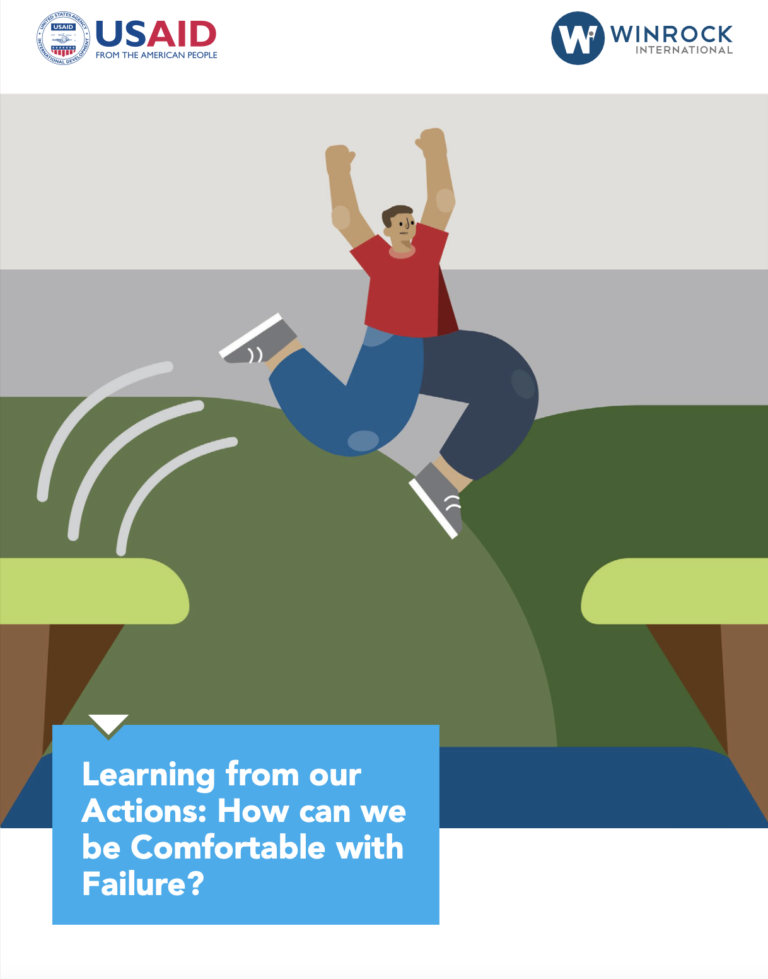Findings from a series of learning papers previously developed by USAID Asia CTIP in 20211, showed that openly communicating, sharing and learning among CSOs and donors is key to ensuring that iterative programming takes place. This is vital to ensure that the real needs and wants of survivors are met. However, findings also showed that this type of communication rarely occurs, leading to many challenges and ineffi- cient programming across CTIP.
As a result, USAID Asia CTIP decided to undertake research to identify the major challenges to facilitating open learning and increase dialogue. This paper dives deep into this issue, analyzing and synthesizing feed- back from practitioners and donors alike. Findings from this research show that many barriers exist on the side of CSOs and donors: both internal and external pres- sures drive CSOs to put their best foot forward, and at the same time, donors face analogous pressures from governments.

